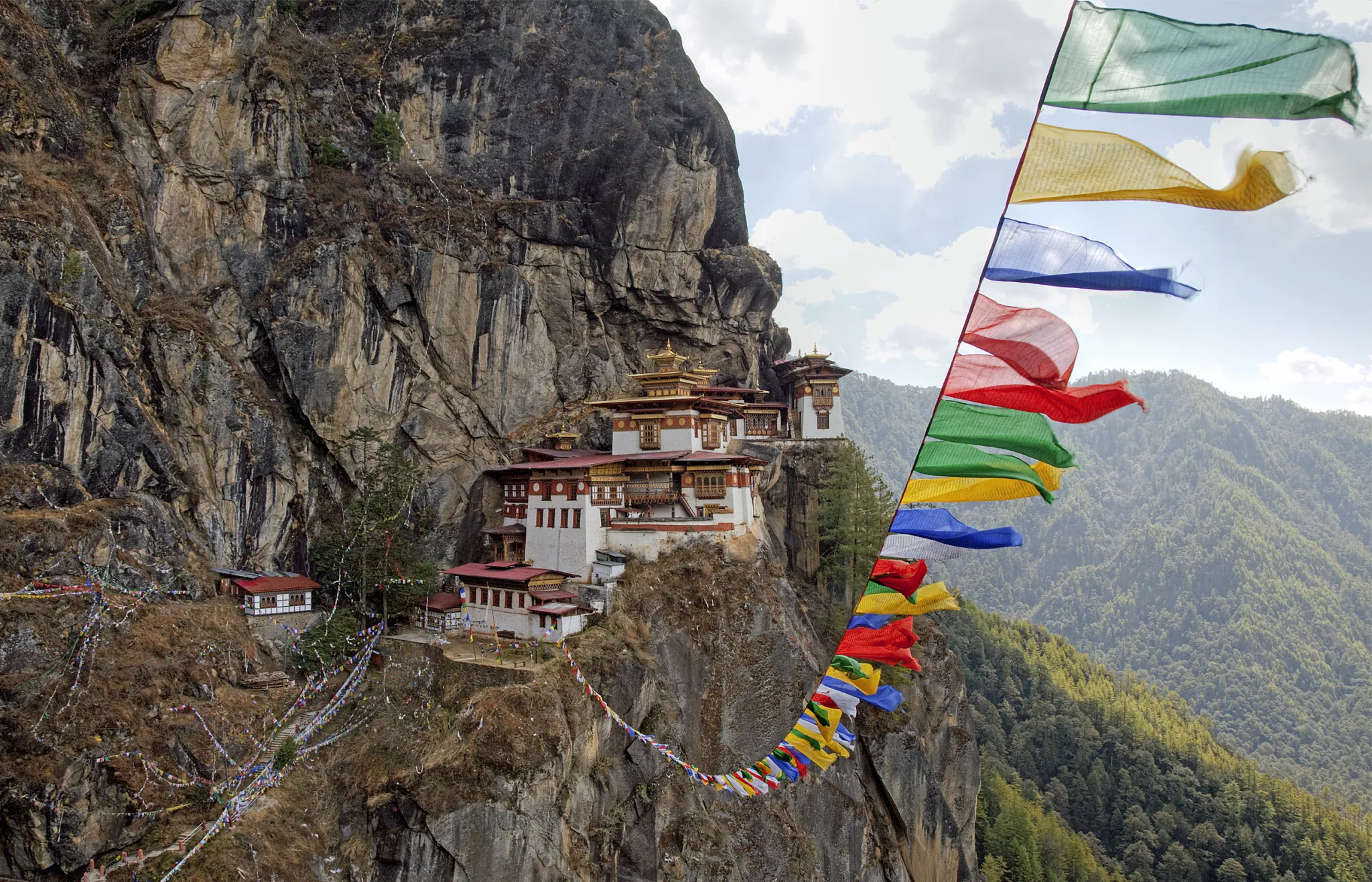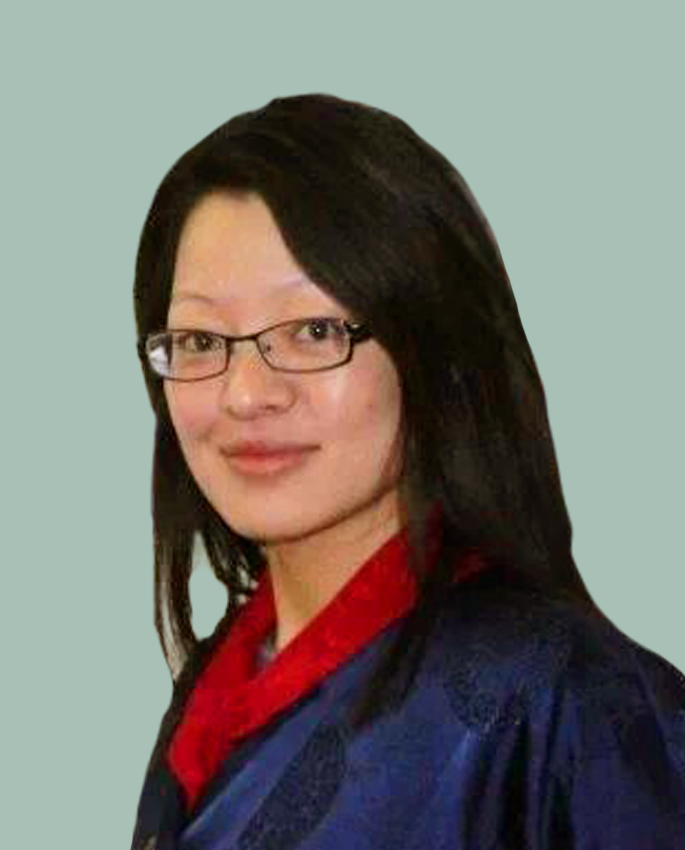Promoting new forms of dialogue in Bhutan’s democracy

The health of a democracy can be measured from the engagement of its citizenship. In Bhutan, this wisdom is well received because it is traditionally accepted that citizens have to contribute towards the welfare of the communities and the society they live in. Previously, this contribution took varied forms, including active and regulated voluntary services.
In Bhutan, with the transition to democracy in 2008, there is now an emphasis on new forms of engagement and dialogue between the state and the citizens. Since 2013, International IDEA has been promoting new forms of citizenship dialogues among different stakeholders in the Bhutanese society with its implementing partners. The Bhutan Centre for Media and Democracy (BCMD) has been promoting citizens engagement and public consultations through town hall meetings, where residents from different walks of life engage in dialogues to discuss and address issues that affect them and their community.
“The government will provide and has been providing; that's how we think, but today we have realized that even though the government provides us with all the facilities, it is us who have to take care because it will benefit the community. We must think as one and work towards making our community better. The training has made us realize this.” -Governor of Paro in Western Bhutan, who took an active role in the project ‘Building Community Initiative’, which was piloted in his district by BCMD in 2017.
The project aimed to model democratic approaches to development and enhance civic consciousness in citizens and young people. After 2 years, the project has shown results in influencing citizens’ thoughts and behaviors.
The highlight of last year’s project phase in Paro was the coming together of over 90 government officials, local leaders, monks, civil society members and residents to collectively envision an ideal town for themselves. After decades of centralized planning and top-down delivery of services, the project demonstrated how citizens can contribute to and play a role in making decisions that affect them and their community. The governor of the district officially launched the Paro town vision, mission and strategy at the end of the year.
Choki Wangmo, a health worker in Paro district said that “one of the biggest successes of the community mapping exercise is the visioning workshop because it was developed by the community for the community. It is very inspiring and could be an example for other 19 districts in Bhutan.”
Through the various small projects, the young participants were exposed to issues like lack of youth engagement in the face of increasing substance abuse and alcoholism in the town, lack of menstrual hygiene and proper disposal of sanitary pads in the schools, and campaign and drive for books donation to help a rural community school to encourage reading habits. The experiential learning approach of the project heightened the participant’s sensitivity to the community issues, enthuse a sense of responsibility and develop the confidence to act on issues in their own small ways and act as agent of change.
Through town halls and community mappings, projects create a platform for planners and policy makers, and the citizens to discuss and deliberate on issues in the community. It was found that through this approach, both bureaucrats, local community members and residents were prepared to engage in dialogues facilitated by BCMD on modelling an inclusive and democratic approach to discussion, consultation and decision-making.
With International IDEA’s support, BCMD started the first of its kind town hall in Paro in 2017, building models for new democratic approach towards development planning and process. These town hall meetings promote dialogue between multi-parties, permeating through social stratum in developing visions and goals that the community aspires to achieve. Such meetings are attended by the district governor, MP of that district, district officials, local leaders, civil society members, law enforcement agents, business representatives, local residents and youth. Through different methods and designs of group activities and exploration, such meetings create platforms to encourage participation in the decision-making process, giving equal opportunity for every voice to be heard. The outcomes are engraving common vision and goals, inclusive developmental approaches for the community and electing of core town committee members and their responsibilities in initiating future dialogues that would strengthen understanding of democracy and encourage citizen participation.




